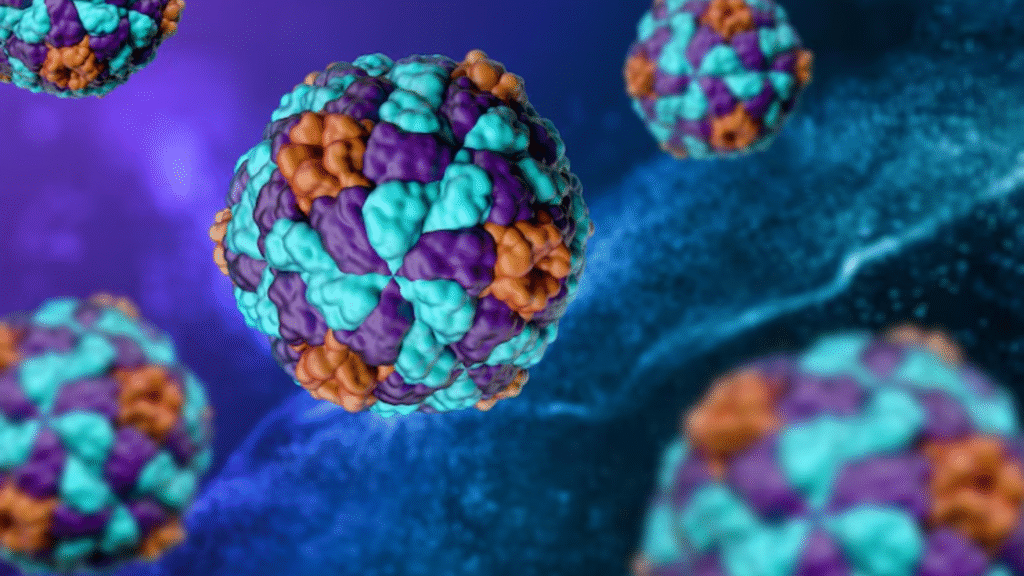According to data the global polyclonal antibody market was valued at approximately USD 1.48 billion in 2022, with a projected compound annual growth rate (CAGR) of 5.01% from 2023 to 2030.
In the field of biomedical research, polyclonal antibodies (pAbs) have been a crucial tool. Unlike monoclonal antibodies, which target a single epitope, polyclonal antibodies are mixtures of immunoglobulins generated by multiple B-cell clones which bind multiple epitopes on the same antigen.
For those looking for polyclonal antibodies online, this versatility makes them invaluable in diagnostics, therapeutics, and a wide range of research applications. Here we’ll tell you more about seven properties of polyclonal antibodies.
High affinity
Polyclonal antibodies are a group of different immunoglobulins, each with different levels of affinity for a specific antigen. During immunization, the immune system gradually improves its response, producing antibodies that bind more strongly to the target. This process produces a serum that contains a mixture of high-affinity antibodies, which are effective for targets, even in complex samples such as tissue lysates or serum. The strong binding ability of pAbs makes them particularly useful while detecting proteins present in very low amounts and ensure correct results in various tests.
Broad specificity
Polyclonal antibodies interact with multiple parts (epitopes) of the same target protein. This means they can still recognize the protein even if it’s slightly changed, such as when it’s denatured in Western blotting or modified in a disease. Because they don’t rely on just one spot, they’re less likely to miss the target or give false results. This makes them more reliable in key techniques like
- ELISA,
- Western blotting,
- IHC,
- Diagnostic tests.
Variability
As pAbs come from the immune system response of live animals such as rabbits, goats, or sheep, the batch-to-batch variability is inherent. While this can be a disadvantage for long-term studies which need absolute consistency, it’s also a reflection of biological diversity.
Reputable suppliers like AAA Biotech minimize this risk through rigorous purification and quality control, so always verify the presence of validation data and lot-specific certificates.
Multi-Epitope Recognition
Multi-epitope recognition means polyclonal antibodies can attach to several different target on the same protein. This makes it easier to detect the protein, especially in tests like immunoprecipitation (IP), where it is important to pull down the entire protein and its associated partners. It also helps in diagnostic tests—if the protein’s shape is altered, the antibody can still grab onto it from another spot, so the test is more likely to give an accurate result.
High Sensitivity in Detection
All because of their ability to bind multiple sites smoothly, polyclonal antibodies generate expanded signals in assays like ELISA, Western blotting, and immunofluorescence. This is important when you are studying rare proteins such as transcription factors or signaling molecules, which less sensitive reagents can miss.
Suitability Across Diverse Applications
The versatility of polyclonal antibodies is one of their biggest strengths. A single well-validated pAb can often be used across multiple techniques:
- Western Blotting (WB) for protein size and expression
- Immunohistochemistry (IHC) for spatial localization in tissues
- Immunofluorescence (IF) and Immunocytochemistry (ICC) for subcellular imaging
- ELISA for quantitative protein measurement
- Flow Cytometry (FACS) for cell surface or intracellular markers
- Immunoprecipitation (IP) for protein interaction studies
Cross-Species Reactivity
Many polyclonal antibodies show reactivity across multiple species, which includes:
- Human
- Mouse
- Rat
- cow
- Dog
- zebrafish.
This is possible because the protein fragment used to generate the antibody often shares high sequence similarity across evolutionarily related organisms. Some vendors even provide predicted reactivity based on bioinformatic analysis. This cross-reactivity saves time and resources, especially in translational research or when working with non-standard animal models.
Tips for Researchers
- Always check validation data: Look for application-specific testing (e.g., “Validated for IHC-P”).
- Consider purification method: Affinity-purified antibodies reduce background noise.
- Store properly: Most pAbs should be aliquoted and stored at –20°C to avoid freeze-thaw cycles.
- Compare vendors: Not all polyclonals are equal—quality, purity, and documentation vary widely.
Wrap-Up
Polyclonal antibodies bind multiple parts of a single antigen, which offers high sensitivity and reliability, even when the protein structure changes. They are used in methods such as Western blotting, IHC, ELISA, IP, and flow cytometry. Because of natural batch differences, purification and validation, you can get consistent performance. Their cross-species reactivity makes them valuable for research across various models, helping researchers to choose the right antibody for positive results.

